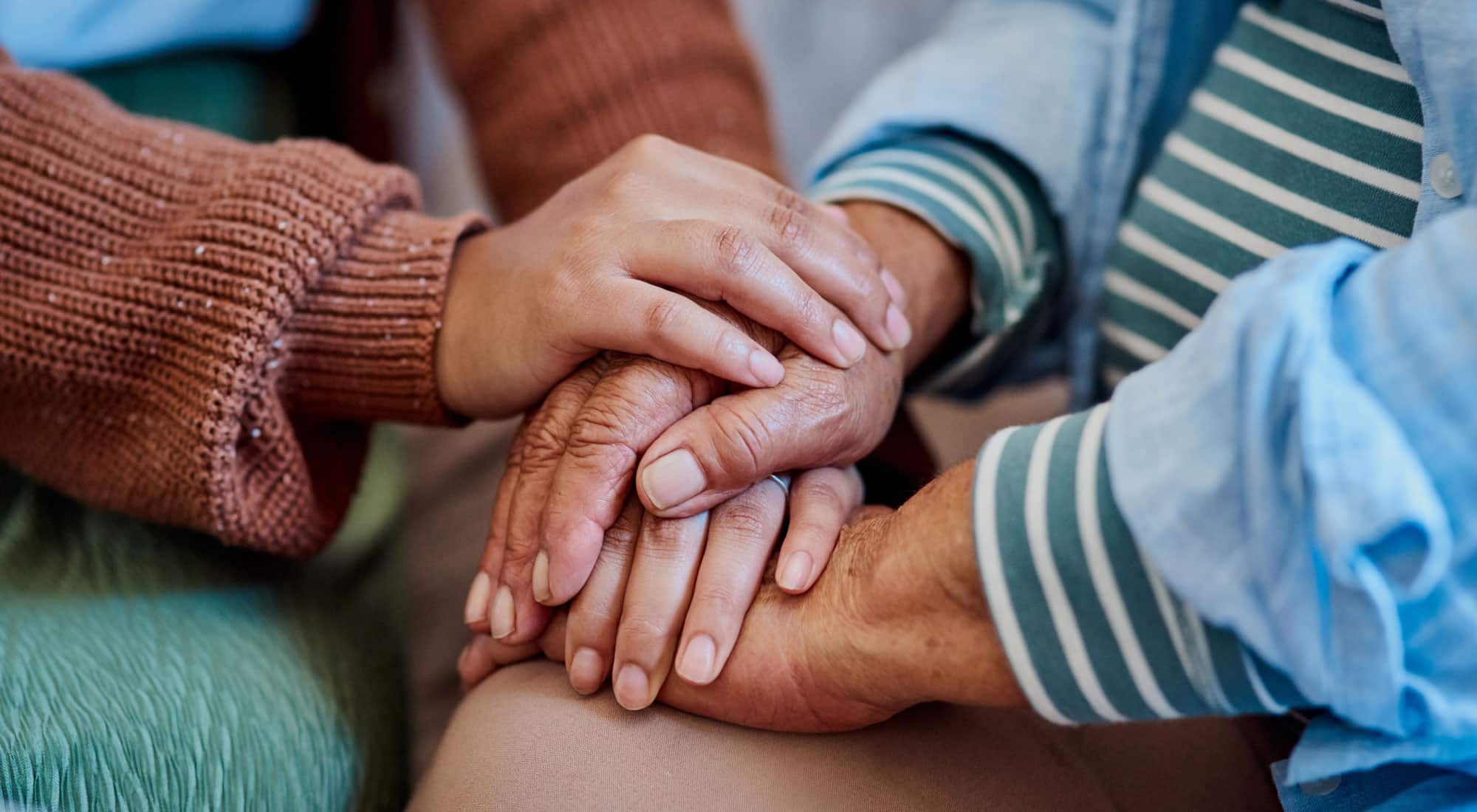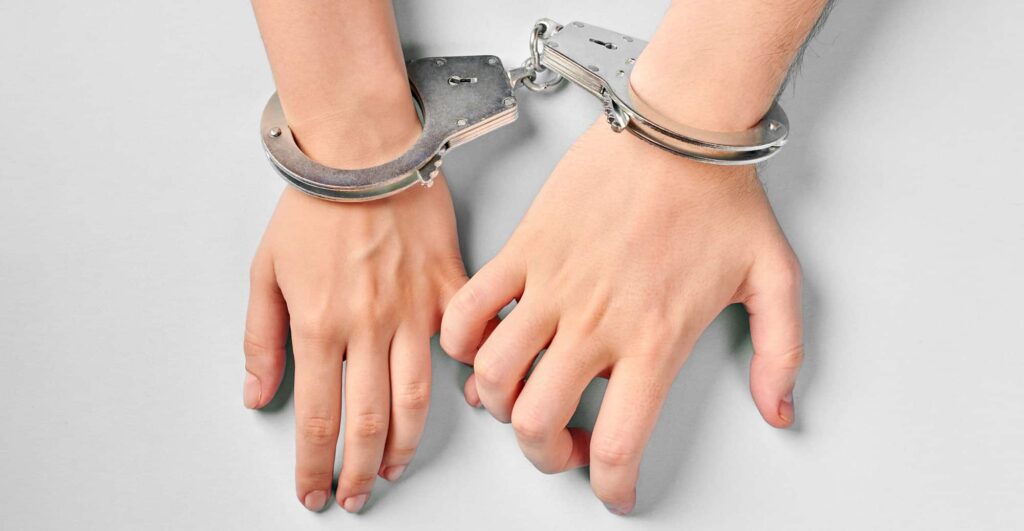By Alanna Hilbink
Sometimes life and mental health can become just too much for someone. Losing this person to suicide is a tragedy, and that tragedy also creates ripples of pain and trauma for the loved ones left behind. For these suicide loss survivors, the story doesn’t have to end. You can learn more about suicide, find support, and begin to heal yourself and your family.
Who Experiences Suicide Loss Survivor Trauma?
Losing a loved one to suicide is, sadly, a common occurrence. The Centers for Disease Control and Prevention (CDC) reported that in 2020, there were over 45,000 suicide deaths in the US. For every one of these deaths, another 275 people seriously considered taking their own lives. And according to Harvard Health Blog, “Each person who dies by suicide leaves behind an estimated six or more ‘suicide survivors’ — people who’ve lost someone they care about deeply and are left grieving and struggling to understand.”
So if you and your family are suicide loss survivors, you are not alone. There is no one “type” of person who must navigate the trauma of losing a loved one to suicide because there is no one “type” of person who dies by suicide. The CDC’s statistics show rates highest among Native Americans, the elderly, and middle-aged white males, while recent research also shows suicide rates going up within the Black community and other groups such as military personnel (both active and inactive), young adults, and college students.
If you and your family are suicide loss survivors, you are not alone.
Because anyone can struggle with mental health and suicidal thoughts or actions, suicide is often unexpected, abrupt, and jarring to those left behind. You may have known about your loved one’s struggle with mental health, or you may have been caught completely off guard by someone who always appeared positive, smiling, or was very successful. Either scenario leaves behind suicide loss survivor trauma.
Suicide’s Impact on Suicide Loss Survivors
Losing a loved one to suicide can greatly affect your life and your mental health. Dialogues in Clinical Neuroscience explains that survivors may feel one or more of the following emotions:
- Loss
- Sadness
- Loneliness
- Rejection
- Guilt
- Confusion
- Anger
- Shame
If left untreated, these emotions can deepen. If someone in your life has died of suicide, you are at risk for major depression, post-traumatic stress disorder (PTSD), and even your own suicidal behaviors, according to research shared by the National Library of Medicine. You may also experience complicated grief, which is grief accompanied by long-lasting, powerful emotions that interrupt your ability to participate in your own life.

Is Suicide Loss and Substance Use Connected?
Any and all responses to suicide loss may also be accompanied by drug or alcohol use. The International Journal of Environmental Research and Public Health published a study that revealed it was common “for people to increase their use of alcohol and drugs after a suicide loss.” One reason for this is directly related to a lack of appropriate mental healthcare. Doctors may prescribe sedatives, antidepressants, or other medications when therapy is a much more effective approach to grief management.
You may also turn to substances on your own, even if you’re aware that this isn’t a helpful coping mechanism, as a means of self-medicating deep and complex emotions and pain. This is not a real solution to suicide loss survivor trauma as it can create further traumas and complications.
Stigma and Suicide Loss
As with all mental health issues, suicide loss is often accompanied by shame and stigma. You may feel as though you must hide both the anguish your loved one was experiencing, as well as your own personal struggles. But this is far from the truth. In an interview with suicide loss survivor Tamu Lewis for an upcoming Beyond Theory podcast, Lewis explains how someone who dies of suicide has an illness.
Your response to trauma and loss is valid and deserving of its own understanding, compassion, and treatment.
“In the [same] way that you would give grace to someone who you can physically see is ill, or has an injury, or some type of disability,” says Lewis, “you need to give grace to someone with mental illness as well, and to yourself as a loved one.” Mental illness is an illness, and your response to trauma and loss is valid and deserving of its own understanding, compassion, and treatment.
Help for Survivors of Suicide Loss
You can move forward with life while still remembering and honoring the person who passed. The most important components of recovery for survivors of suicide loss are behavioral health services. Professional and peer support are essential for finding peace, health, and mental wellness after any form of loss, but especially after one as difficult and abrupt as suicide. Taking time to take care of yourself, or find support for others in your life, is essential for your own health and for respecting the memory of your loved one.
When life is complicated by trauma and loss, we at The Meadows are here for you. We offer compassionate behavioral healthcare that will help you address your loss and any related mental health and substance use concerns. Depending on your needs, we offer everything from workshops to in-depth outpatient or inpatient treatment. You will get customized support designed to best help you heal after loss. There is a brighter, fuller future ahead. Reach out today to learn more.



